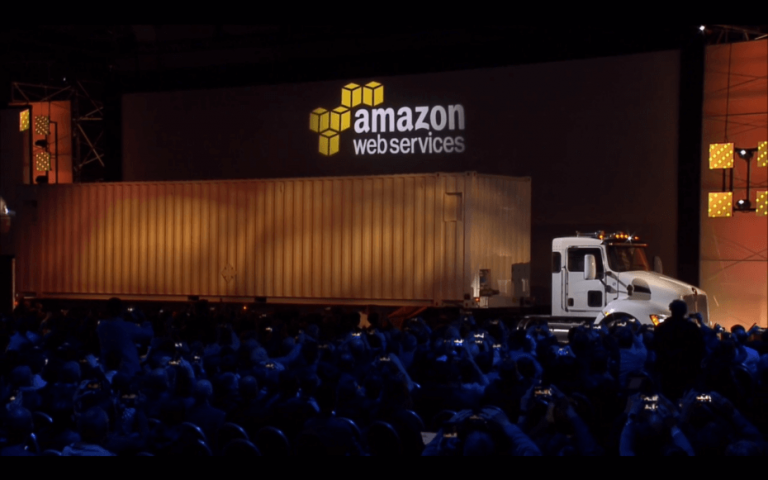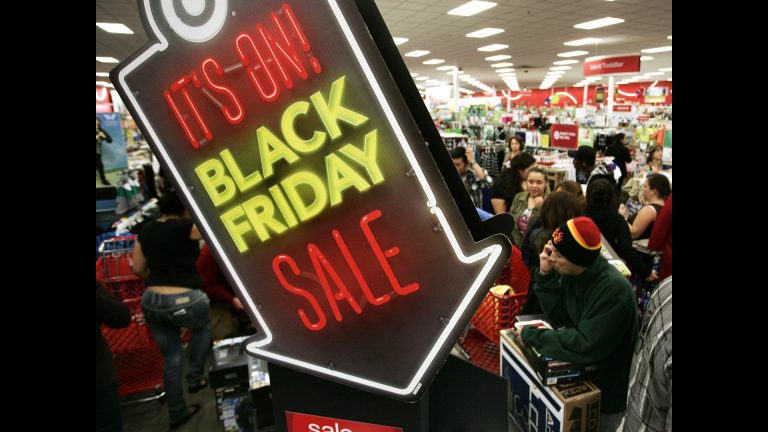Point of sale systems have had a major impact in retail, and one doesn’t have to look too far to realize that, but it’s easy to understate how much the restaurant industry has changed as a result. One of the first markets to explore the potential of a POS system was the fast food industry. It was McDonalds, which decided to invest in advanced (for the time) point of sale systems in order to improve the accuracy of its servers.
Today, the hospitality industry could not adequately function if point of sale systems were not properly implemented. These systems are an integral part of the business that tracks everything from sales to labor. Without these systems, accounting departments would find it difficult to generate receipts for record keeping.
It might seem trite, but the modern fast food POS system makes it extremely easy to modify orders as needed. Think about something as simple as deleting and removing an item from the sale receipt. New touch interfaces make this process a breeze, which improves overall efficiency for the entire restaurant.
The ability to utilize wireless Internet connections is another major benefit, but it also presents a downside. The connectivity is great for functionality, especially when it comes to record keeping. Reports can be uploaded at the close of each day directly from the terminal. The trade off comes when the Internet goes down for some reason.
POS systems have to be built for the client in question, so each industry will put different demands on the system. The best news for business owners is that systems are far more flexible than ever before.
Bio: Firoz Patel is the globally recognized name behind AlertPay Inc. Firoz Patel resides in Quebec, where he oversees operations for the newly launched Payza platform.







